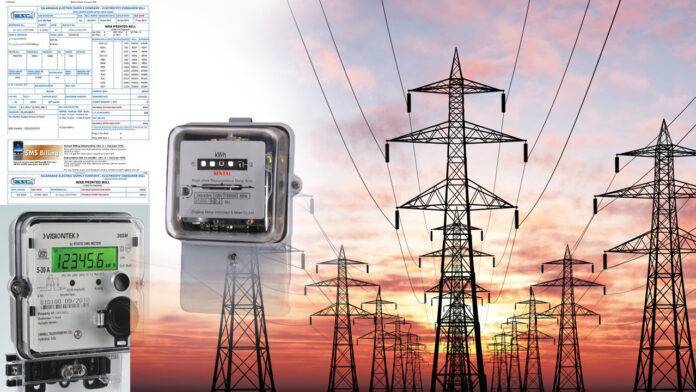In a dramatic statement on his social media platform, former U.S. President Donald Trump extended an offer to mediate between India and Pakistan in their long-standing conflict over the Kashmir region. This came shortly after his administration brokered a ceasefire agreement between the two nuclear-armed rivals, a development he touted as “historic and heroic.”
“I will work with you, both to see if, after a ‘thousand years,’ a solution can be arrived at concerning Kashmir,” Trump posted on Truth Social. His remark, however, drew criticism for its inaccuracy—India and Pakistan have been at odds over Kashmir since 1947, not for a millennium.
The Kashmir conflict dates back to the partition of British India, which led to three wars and decades of hostility between the two nations. Both countries claim Kashmir in full but govern separate parts. India-administered Kashmir has witnessed a persistent insurgency, met with a heavy military presence—over 700,000 troops—deployed by New Delhi to suppress dissent. In 2019, Prime Minister Narendra Modi’s government revoked the region’s semiautonomous status, a move that escalated tensions further and drew international concern.
Trump’s offer to mediate flies in the face of India’s long-held policy of rejecting foreign intervention in the Kashmir issue. While Pakistan welcomed the initiative, emphasizing the importance of a UN-backed resolution and the rights of the Kashmiri people, Indian officials remained silent, with local media citing unnamed sources stating that no talks beyond the ceasefire were under consideration.
The latest round of hostilities began after a deadly attack in Pahalgam, a popular tourist destination in Indian-administered Kashmir, where 26 civilians lost their lives. India blamed Pakistan for supporting militant groups behind the assault—an allegation Islamabad vehemently denied, suggesting instead that the incident was a false-flag operation orchestrated by India.
The cross-border violence escalated with missile, drone, and artillery strikes—the most severe exchange since both countries acquired nuclear capabilities. However, a U.S.-brokered ceasefire was announced Saturday, and according to U.S. Secretary of State Marco Rubio, India and Pakistan agreed to broad, future negotiations at a neutral venue.
Pakistani Prime Minister Shehbaz Sharif expressed openness to dialogue, particularly around water-sharing and Kashmir. However, New Delhi’s official stance remains unchanged. Analysts suggest that Trump’s unsolicited intervention could provoke unease in India’s political corridors, especially given its recent pivot toward asserting territorial sovereignty and minimizing third-party roles in regional disputes.
The ceasefire has brought temporary calm to Kashmir’s cities, but the fundamental issues remain unresolved. India’s withdrawal from the Indus Waters Treaty and the mutual expulsion of diplomats and citizens indicate that bilateral relations are still strained. Trump’s vow to increase trade with both nations may offer some incentive, but real progress will depend on whether both sides are willing to engage meaningfully—something history shows has rarely been the case.















